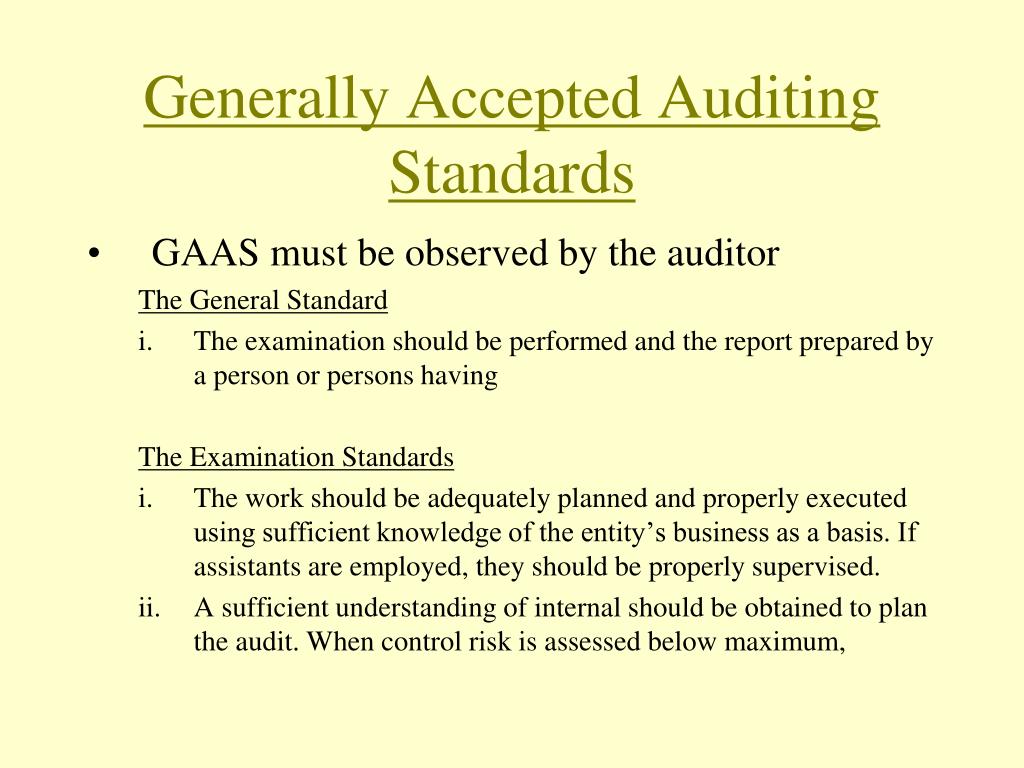

Financial data should be organized and reported according to relevant accounting periods. Financial data collection and asset valuations should not disrupt normal business operations. Financial data is based on documented facts and is not influenced by guesswork. In other words, they do not get paid based on how good or bad the reporting turns out.

Accountants provide complete transparency of positive and negative factors without any compensation. Accounting staff use consistent procedures in financial reporting, enabling business finances to be compared from report to report. Accounting staff provide objective and accurate information about business finances. Accounting staff apply the same standards through each step of the reporting process and from one reporting cycle to the next, paying careful attention to disclose any differences. The business and accounting staff apply GAAP rules as standard practice. GAAP is outlined by the following 10 general concepts or principles. Companies with significant money owed by customers, or accounts receivable, must report the possibility that some or all of that money may not be received and becomes lost revenue.

Some assets - such as property, equipment and facilities - are accounted for using original purchase costs rather than current market values. For example, an item with a 10-year life is accounted for at 10% for 10 years. Costs of major asset acquisitions are accounted for over the entire life of the asset.
Depreciation and capital expenditures. GAAP uses accrual accounting, which records revenue when a service or good is sold but not when payment is received direct expenses for goods sold are recorded when a sale is transacted, and indirect expenses are recorded when expenses are paid. GAAP emerged in the 1970s and involved the following four major rules and standards: The purpose of GAAP is to ensure that financial reporting is transparent and consistent from one public organization to another, and from one accounting period to another. GAAP specifications include definitions of concepts and principles, as well as industry-specific rules. GAAP (generally accepted accounting principles) is a collection of commonly followed accounting rules and standards for financial reporting. What is GAAP (generally accepted accounting principles)? In all cases where an auditor's name is associated with financial statements, the auditor should clearly indicate the character of the auditor's work, if any, and the degree of responsibility the auditor is taking, in the auditor's report. When the auditor cannot express an overall opinion, the auditor should state the reasons in the auditor's report. The auditor's report must either express an opinion regarding the financial statements, taken as a whole, or state that an opinion cannot be expressed. If the auditor determines that informative disclosures in the financial statements are not reasonably adequate, the auditor must so state in the auditor's report. The auditor must identify in the auditor's report those circumstances in which such principles have not been consistently observed in the current period in relation to the preceding period. The auditor must state in the auditor's report whether the financial statements are presented in accordance with generally accepted accounting principles.







 0 kommentar(er)
0 kommentar(er)
